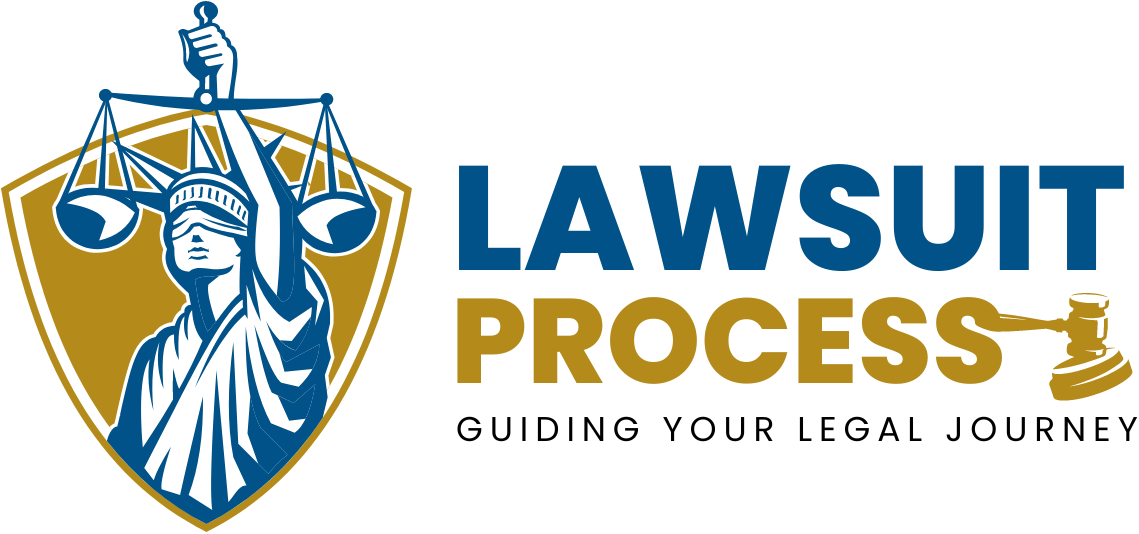After an accident, you might feel relieved when the at-fault party’s insurance company reaches out, but beware. Insurance adjusters are trained to minimize payouts. While they may seem empathetic, their goal is often to get you to settle quickly and for less than you deserve. Common tactics include downplaying your injuries, blaming you for the accident, or offering a low initial settlement.
Remember, you don’t have to accept the first offer, and you’re not obligated to provide detailed statements without legal guidance. Always consult your lawyer before talking to an adjuster—it’s not about distrust; it’s about protecting your rights.
Table of Contents
- The Role of an Insurance Adjuster
- Tactics Insurance Adjusters Use to Minimize Payouts
- Why You Should Proceed with Caution
- How to Protect Your Rights
- The Importance of Having Legal Representation
- Final Thoughts: Knowledge Is Power
- Key Takeaway
The Role of an Insurance Adjuster
Insurance adjusters work for insurance companies. Their primary responsibility is to protect their employer’s bottom line, not to advocate for your best interests. While they may appear sympathetic and cooperative, their training focuses on one key goal: minimizing payouts. This conflict of interest underscores why you must tread carefully when dealing with them.
Tactics Insurance Adjusters Use to Minimize Payouts
-
Downplaying the Severity of Your Injuries
Adjusters might suggest that your injuries are minor or imply that they aren’t as serious as you claim. They may question why you didn’t seek immediate medical attention or imply that pre-existing conditions, not the accident, caused your symptoms. This tactic aims to reduce the amount the insurer has to pay for medical expenses and damages.
-
Blaming You for the Accident
Another common tactic is shifting blame. Even if the facts of the case indicate that the other party was at fault, the adjuster may attempt to pin some or all of the blame on you. This is because most states follow comparative or contributory negligence laws, which can significantly reduce or eliminate your compensation if you’re found partially responsible.
-
Rushing You to Settle
Adjusters often try to settle claims quickly. While this might seem like they’re helping you move on with your life, it’s often a way to close the claim before you fully understand the extent of your injuries or damages. Accepting a quick settlement can prevent you from seeking additional compensation later, even if your injuries worsen or other expenses arise.
-
Asking for Recorded Statements
Insurance adjusters may ask for a recorded statement “to better understand what happened.” This might seem harmless, but your words can be twisted or taken out of context to reduce the claim’s value. Remember, anything you say can be used against you.
-
Offering a Low Initial Settlement
The first offer from an insurance adjuster is rarely their best. In fact, it’s often significantly lower than what you’re entitled to. This tactic preys on claimants who are eager to resolve their cases quickly, especially those facing mounting medical bills or financial stress.
Why You Should Proceed with Caution
While you may feel compelled to trust the adjuster or engage with them directly, it’s essential to remember that you are not obligated to do so. You have rights, and exercising them can make a significant difference in the outcome of your claim.
Here’s what you should keep in mind:
- You’re Not Required to Accept the First Offer: Settlements are negotiable. Consulting with a lawyer ensures you’re aware of the full value of your claim.
- You’re Not Obligated to Provide Detailed Statements: While you may need to notify your insurance company of the accident, avoid providing a recorded or written statement to the other party’s insurer without legal advice.
- Consult a Lawyer Before Signing Anything: Once you accept a settlement, you typically forfeit the right to seek additional compensation. An attorney can help you evaluate whether the offer is fair.
How to Protect Your Rights
To safeguard your interests, follow these steps:
- Seek Legal Advice Early: A personal injury attorney can act as a buffer between you and the insurance adjuster, ensuring your rights are protected.
- Document Everything: Keep a detailed record of the accident, including photos, medical reports, repair estimates, and correspondence with the insurance company.
- Avoid Sharing Too Much Information: Only provide the basics—your name, the date of the accident, and the location. Avoid discussing fault or the extent of your injuries.
- Be Wary of Quick Settlements: If an offer seems too good to be true, it probably is. Always consult a professional before agreeing to any terms.
The Importance of Having Legal Representation
Navigating an insurance claim without professional guidance can be risky. An experienced personal injury attorney understands insurance adjusters’ tactics and can help you build a strong case. From negotiating fair settlements to representing you in court if necessary, legal counsel ensures your rights are protected, and you receive the compensation you deserve.
Final Thoughts: Knowledge Is Power
Understanding the role and tactics of insurance adjusters can help you make informed decisions after an accident. While adjusters may seem helpful, remember that their loyalty lies with their employer—not you. By staying cautious, consulting legal counsel, and advocating for your rights, you can confidently navigate the claims process and secure the compensation you need to recover and move forward.
If an insurance adjuster has contacted you or you have questions about your rights, contact a trusted legal professional for guidance. Protecting yourself starts with knowing the truth.
Key Takeaway
Insurance adjusters may appear helpful, but their primary objective is to minimize payouts for their employer. To protect yourself, it’s crucial to understand their tactics and take steps to safeguard your rights. Here are the key points to remember:
- Insurance adjusters work for the insurer, not for you.
- They often downplay the severity of your injuries or damages.
- Shifting blame onto you is a common tactic to reduce compensation.
- Quick settlement offers are designed to close claims before you understand the full extent of your losses.
- Providing recorded or detailed statements without legal advice can harm your claim.
- The first settlement offer is typically much lower than what you deserve.
Always consult with a legal professional before interacting with an adjuster or accepting any offers to ensure your rights are fully protected.










